The month of May is typically marked by celebrations around graduations, Mother’s Day, and Memorial Day. But May is also host to another commemoration that is often overshadowed - the recognition of a special group of national heroes who are less well known but no less important to the country’s well-being.
Who Are The Hidden Heroes
National Military Caregiver Month honors the more than 5.5 million family members and friends who care for or manage the care of a current or former military service member. The VA estimates that 2.4 million veterans are currently receiving some sort of assistance from a caregiver. These hidden heroes provide essential support for military members and veterans suffering from a wide range of physical and mental injuries by rendering services ranging from dressing and bathing their loved ones to helping them cope with emotional difficulties. In fact, according to a recent study done by RAND Corporation, military caregivers provide an estimated $3 billion worth of care annually which saves the United States substantial sums in avoided costs of long-term care.
Generations of Caring
A common misconception is that only the elderly military members and veterans receive help from these caregivers when, in fact, 1.1 million or 20 percent of the 5.5 million military caregivers in the United States are providing assistance to veterans and service members who served after September 11, 2001, meaning, they are under the age of twenty. These post-9/11 caregivers differ dramatically from those helping veterans from earlier eras. For example, 33 percent of post-9/11 caregivers are spouses (the largest share of post-9/11 caregivers) who are also often raising children in addition to caring for their spouse. In contrast, children made up the largest share of pre-9/11 military caregivers. Post-9/11 caregivers are also typically younger, with 37% of them being 30 or younger, while and only 11% of pre-9/11 caregivers were 30 or younger. Another stark contrast is the difference between the military members or veterans that receive the care. For example, 64% of post-9/11 military members or veterans receiving care from a caregiver suffer from a behavioral health condition, compared to 36% of pre-9/11 recipients.
Caring for the Caregivers
Tragically, another study by RAND Corporation finds that all caregivers are adversely affected by their duties with post-9/11 military caregivers faring the worst. These effects include an increased likelihood of depression and other negative health, low productivity and problems at work, relationship distress, and increased financial difficulty. A staggering 47% of post-9/11 caregivers reported needing to adjust their work schedules as a result of caregiving, and 62 percent reported that caregiving caused them financial strain. Caregiving can take a lot of time and impose a heavy burden on caregiver health and well-being, especially for caregivers that are providing care while balancing work and family obligations. Helping these caregivers find support is essential in helping to minimize their burden and improve their well-being, especially considering the following three factors that continue to threaten and strain caregivers:
25% of service members rely on their parents who are aging and who, starting in 15 years, will no longer be able to provide caregiving support.
33% rely on spouses where the relationships are young and as many as one-third of these marriages may dissolve.
More than half of support programs for caregivers were established in the past ten years and 80% are nonprofit. They are vulnerable to waning public interest, lowered philanthropic support, and shortfalls incapacity to deliver services effectively.
The month of May is very important because it promotes awareness of these caregivers. Recognition is the vital first step towards generating greater support to help them continue to provide their invaluable service of caring for our nation’s military heroes.
If you are a military caregiver or would like additional insights and resources on finding help, visit these links:

